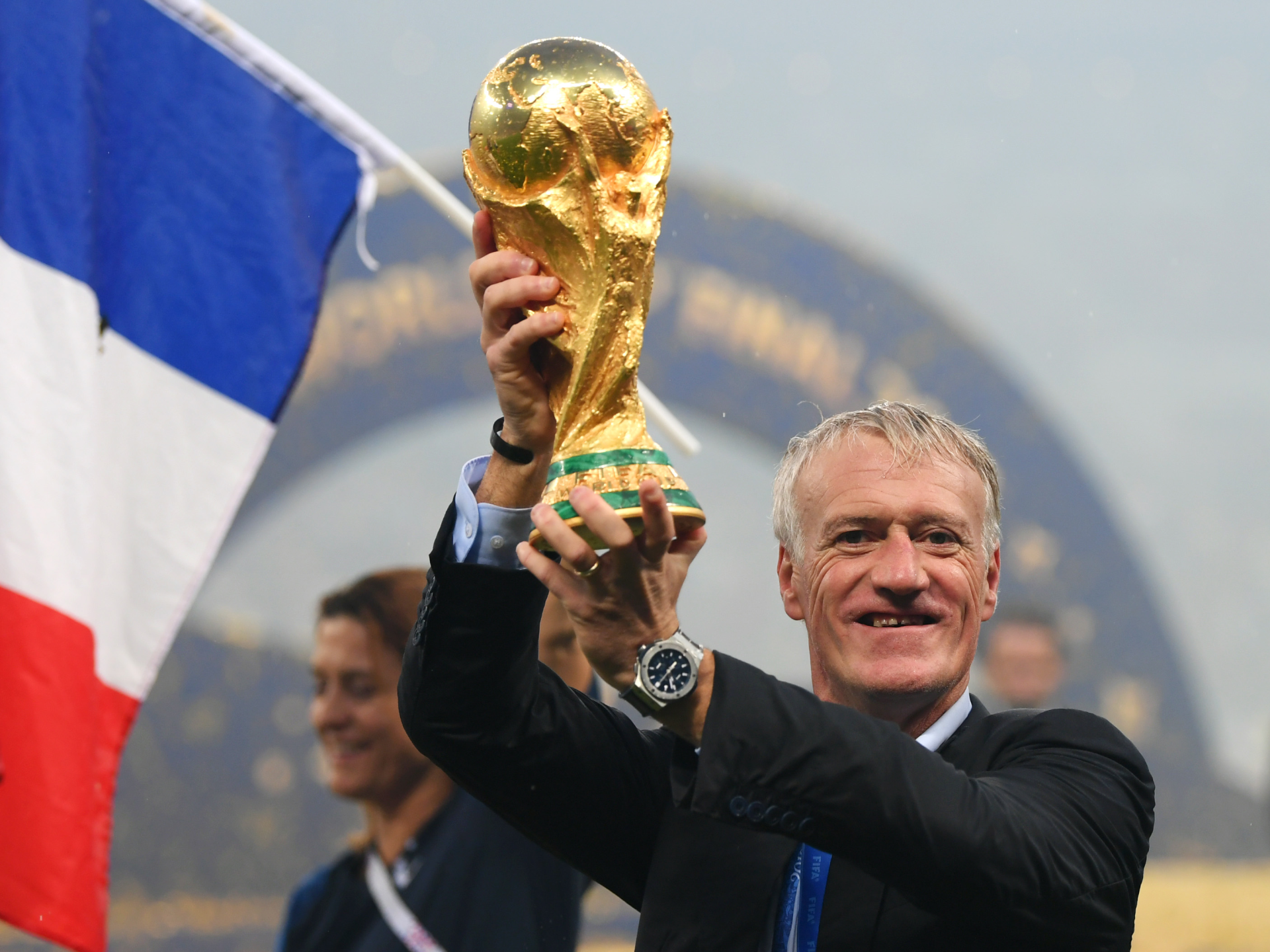adverts
Didier Deschamps has announced he will step down as France’s national team manager after the 2026 World Cup, marking the end of a transformative 14-year tenure.
The 56-year-old disclosed his decision during an interview with TF1 and LCI, with the full segment set to air Wednesday.
“I’ve been here since 2012, and I’m scheduled until 2026. It will stop there because it has to stop at some point,” Deschamps said. “In my head, it’s very clear. We never want it to end when it’s a beautiful thing. But there is life after, and it will be very good too.”
adverts
Deschamps has been a cornerstone of French football, steering Les Bleus to World Cup glory in 2018, a final appearance in 2022, and a European Championship final in 2016. Despite his accolades, he has faced criticism for his pragmatic playing style, which some fans feel underutilises France’s attacking riches.
With a win rate of 64.2% and consistent deep runs in international tournaments, Deschamps has cemented his place among the greats of international football.
France has reached the semifinals in four of the six major tournaments under his leadership, a feat that reflects his effectiveness in high-stakes competitions.
Zinedine Zidane, Deschamps’ former teammate and a managerial legend in his own right, has emerged as the leading candidate to take over. Zidane, who guided Real Madrid to three consecutive UEFA Champions League titles, has been out of management since 2021 and is reportedly eager to step into the role.
Hugo Lloris, who captained France under Deschamps, praised his influence, describing him as an “inspiration to the players” and a steady, calming presence.
“He has tremendous experience as a player and a coach at the international level,” Lloris said. “He is calm and collected and transmits that to the players.”
Deschamps’ managerial career began with success at Monaco, where he led the team to the 2004 Champions League final, and continued with notable stints at Juventus and Marseille before taking the helm of the French national team.
His decision to leave after the 2026 World Cup, or earlier if France fails to qualify, underscores his belief in the need for eventual change. “We cannot continue forever,” he remarked.


